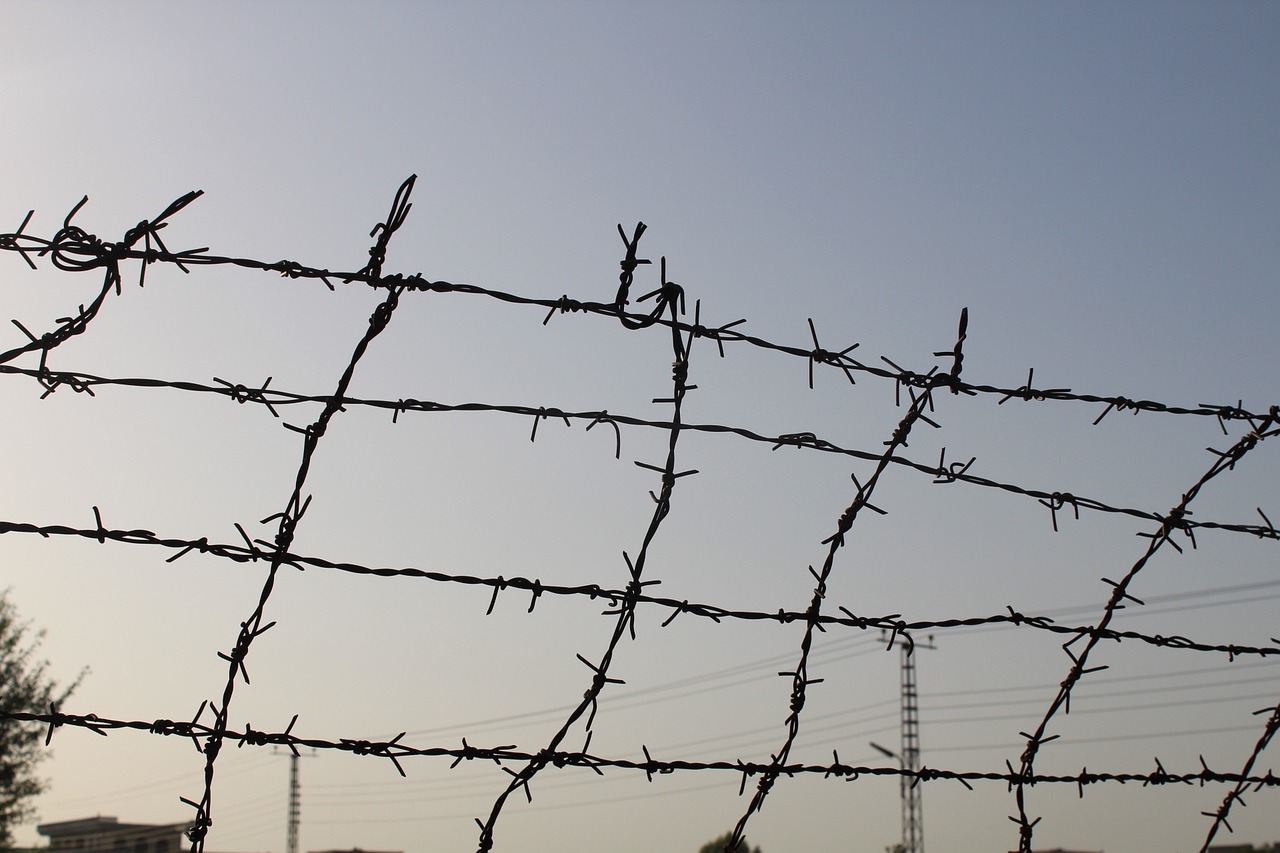Pakistan Video
Safety Tips for Remote Workers in Pakistan
As remote work becomes increasingly popular in Pakistan, it is important for remote workers to prioritize their safety and security. Working from home or any remote location comes with its own set of challenges, and being aware of potential risks and taking appropriate precautions is crucial. This article provides comprehensive safety tips for remote workers in Pakistan to ensure a secure and productive work environment.
Section 1: Secure Your Home Network
One of the first steps to ensure safety as a remote worker is to secure your home network. Follow these tips to protect your network from potential threats:
- Change default router credentials: Modify the default username and password provided by your internet service provider (ISP) to enhance security.
- Enable network encryption: Use WPA2 or WPA3 encryption protocols to secure your Wi-Fi network and prevent unauthorized access.
- Regularly update router firmware: Keep your router firmware up to date to fix security vulnerabilities and ensure optimal performance.
- Use a strong network password: Create a complex and unique password for your Wi-Fi network to prevent unauthorized access.
- Enable firewall: Activate the firewall on your router to filter incoming and outgoing network traffic.
Section 2: Utilize Secure Communication Channels
Communicating securely is essential for remote workers. Here are some tips to ensure your communication channels are protected:
- Use secure messaging apps: Choose encrypted messaging apps like Signal or WhatsApp to ensure the privacy of your conversations.
- Enable two-factor authentication (2FA): Enable 2FA wherever possible to add an extra layer of security to your accounts.
- Avoid public Wi-Fi: Public Wi-Fi networks are often insecure, so it’s best to use a virtual private network (VPN) when connecting to public networks.
- Encrypt your emails: Use email encryption tools like PGP (Pretty Good Privacy) to protect the content of your emails from unauthorized access.
Section 3: Implement Strong Password Practices
Creating strong passwords and managing them effectively is vital for remote workers. Follow these practices to enhance password security:
- Use unique passwords: Avoid reusing passwords across different accounts. Each account should have a unique and complex password.
- Use a password manager: Consider using a password manager to securely store and generate strong passwords for your various accounts.
- Enable multi-factor authentication (MFA): Enable MFA whenever possible to add an extra layer of security to your accounts.
- Regularly update passwords: Change your passwords periodically, especially if there has been a data breach or suspicious activity.
Pakistan Image 1:

Section 4: Be Cautious of Phishing Attacks
Phishing attacks are common and can lead to data breaches or identity theft. Protect yourself from phishing attempts with these tips:
- Be wary of suspicious emails: Avoid clicking on links or downloading attachments from unknown or suspicious senders.
- Verify email senders: Double-check email addresses and sender details to ensure legitimacy before sharing sensitive information.
- Don’t share personal information: Never provide personal or financial information in response to unsolicited requests.
- Keep software up to date: Regularly update your operating system, web browsers, and security software to protect against known vulnerabilities.
Section 5: Secure Your Devices
Securing your devices is crucial to protect your work and personal data. Consider the following tips:
- Use strong device passwords: Set strong and unique passwords or PINs for your devices to prevent unauthorized access.
- Enable device encryption: Encrypt your devices to safeguard your data in case of loss or theft.
- Install security software: Use reputable antivirus and anti-malware software to protect against malicious threats.
- Enable remote tracking and wiping: Enable features like Find My Device or Find My iPhone to track or remotely wipe your device if it gets lost or stolen.
Section 6: Physical Security Measures
In addition to digital security, remote workers should also consider physical security measures. Here are some important tips:
- Lock your workspace: Keep your home office or workspace locked when you are not present to prevent unauthorized access.
- Secure physical documents: Store physical documents containing sensitive information in a locked cabinet or safe.
- Shred sensitive documents: Properly dispose of any physical documents that are no longer needed by shredding them.
- Be cautious of visitors: Verify the identity of visitors before allowing them access to your workspace.
Pakistan Image 2:

Section 7: Regularly Back Up Your Data
Regular data backups are essential to protect your work and prevent data loss. Follow these tips for effective data backup:
- Use cloud backup services: Utilize reliable cloud backup services to automatically back up your important files and documents.
- Keep local backups: Create local backups on external hard drives or other storage devices as an additional layer of protection.
- Test your backups: Regularly test your backups to ensure they are functioning properly and can be restored if needed.
- Set up automatic backups: Configure automatic backups to avoid the risk of forgetting to back up your data.
Section 8: Be Mindful of Social Engineering Attacks
Social engineering attacks rely on manipulation and deception. Protect yourself from social engineering with these tips:
- Be cautious of unsolicited calls: Be skeptical of unexpected calls asking for personal information or sensitive data.
- Verify caller identity: Request identification or call back official numbers to verify the legitimacy of the caller.
- Don’t share sensitive information over the phone: Avoid providing personal or financial information during phone conversations unless you initiated the call.
- Be skeptical of urgent requests: Social engineering attacks often create a sense of urgency to manipulate victims. Take your time and verify before taking any action.
Section 9: Practice Secure Remote Access
Secure remote access is crucial for remote workers to protect their data and maintain privacy. Consider the following tips:
- Use a VPN: Connect to your company’s network using a virtual private network (VPN) to encrypt your connection and protect sensitive data.
- Secure remote desktop connections: If accessing your work computer remotely, ensure that remote desktop connections are properly secured.
- Disable automatic Wi-Fi connections: Disable the auto-connect feature on your devices to prevent connecting to unsecured or unrecognized networks.
- Enable screen locking: Set up automatic screen locking on your devices to prevent unauthorized access when you are away from your workspace.
Pakistan Image 3:

Section 10: Stay Updated on Security Best Practices
Staying informed about the latest security best practices is essential for remote workers. Follow these tips to stay updated:
- Read security resources: Regularly read reputable security blogs and websites to stay informed about the latest threats and protection measures.
- Participate in security training: Take advantage of any security training or workshops offered by your employer or industry organizations.
- Follow official security guidelines: Adhere to the security guidelines provided by your employer or relevant authorities.
- Join security communities: Engage with security communities and forums to learn from others and share experiences.
Section 11: Maintain a Healthy Work-Life Balance
While focusing on security, it’s also important for remote workers to maintain a healthy work-life balance. Consider these tips:
- Set boundaries: Establish clear boundaries between work and personal life to prevent burnout and maintain overall well-being.
- Take regular breaks: Schedule regular breaks to rest and recharge, promoting productivity and mental well-being.
- Stay physically active: Incorporate physical activity into your daily routine to reduce stress and maintain a healthy lifestyle.
- Stay connected with colleagues: Foster relationships with colleagues through virtual meetings or informal chats to combat isolation.
Section 12: Conclusion
Remote work offers flexibility and convenience, but it also requires diligence in maintaining security. By implementing the safety tips outlined in this article, remote workers in Pakistan can create a secure work environment and protect their personal and professional information. Prioritize security, stay informed about the latest threats, and adapt your practices accordingly to ensure a safe and productive remote work experience.
References
– The Electronic Frontier Foundation: www.eff.org
– National Cyber Security Alliance: staysafeonline.org
– Federal Trade Commission: www.ftc.gov
– Norton Security: www.norton.com
– Cisco: www.cisco.com


